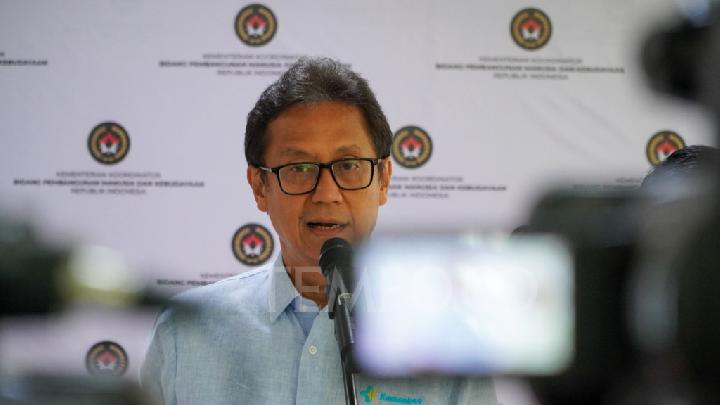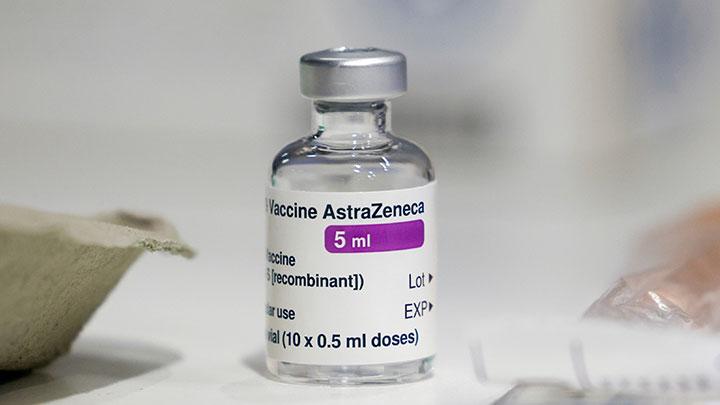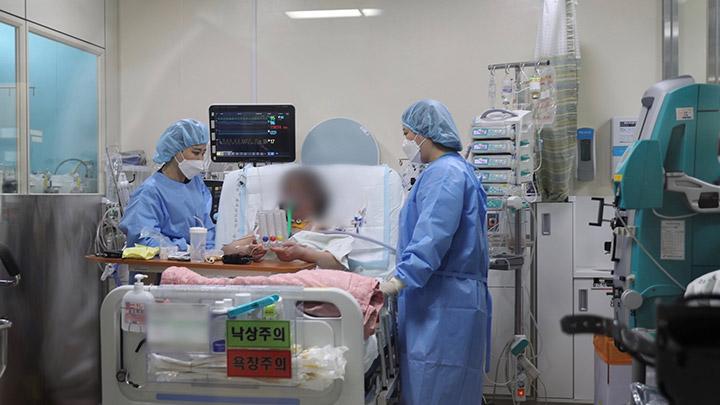Foreign Doctor Policy Sparks Debate; Health Minister Explains
Translator
Editor
4 July 2024 12:07 WIB

TEMPO.CO, Jakarta - The government's plan to address the shortage of medical professionals by bringing in foreign doctors has ignited controversy. Professor Budi Santoso, Dean of the Faculty of Medicine at Airlangga University (Unair) in Surabaya, Indonesia, was recently dismissed for publicly opposing the policy.
Health Minister Budi Gunadi Sadikin defended the initiative, emphasizing its primary objective: saving the lives of roughly 12,000 babies born with congenital heart defects each year. “We have more than 12,000 babies with congenital heart defects each year,” he said after an internal meeting with President Jokowi at the Presidential Palace Complex in Jakarta on Tuesday, July 2, 2024.
He highlighted the limited capacity of Indonesian doctors to perform heart surgeries, currently serving only around 6,000 patients annually. Congenital heart defects, however, often require prompt surgical intervention.
“If these 6,000 babies are not treated, they have a high risk of dying. The risk will be even higher if we just wait,” he added.
Law No. 17 of 2023 on Health regulates the process for foreign medical personnel to practice in Indonesia. Budi emphasized that the influx of foreign doctors is solely aimed at saving the lives of these vulnerable infants.
While acknowledging some resistance, Budi addressed concerns about the quality of foreign doctors compared to domestic professionals. He acknowledged that there might be a sentiment that Indonesian doctors are superior and can handle the situation. “This isn't about diminishing their abilities.”
Budi believed that Indonesian doctors are capable of handling heart surgery, but emphasized the sheer volume of cases exceeds their current capacity.
“We can't afford to wait. We bring in foreign doctors to save these 6,000 babies and mothers who would be devastated if their babies have congenital heart defects,” he said.
Additionally, Indonesia's current ratio of general practitioners is only 0.47 per 1,000 people, falling far short of the global average of 1.76. Reaching the doctor-to-patient ratio of developed nations would require an additional 140,000 doctors.
Uneven distribution further exacerbates the issue. Many areas, especially outside Java, face a severe lack of doctors. Approximately 500 health centers are currently without a doctor on staff.
The Indonesian Medical Association (IDI) Weighs In
The debate over foreign doctors has been ongoing since 2020. At the time, the focus was on developing Indonesia's healthcare system into a health tourism destination.
Slamet Budiarto, Deputy Chairperson of the IDI, urged the government to prioritize optimizing the potential of Indonesian doctors rather than easing restrictions for foreign doctors. “The quality of our doctors is on par with those abroad,” Slamet told Tempo on Saturday, August 29, 2020.
According to him, the disparity in healthcare quality stems from Indonesia's limited access to advanced medical equipment. “[Developed countries] offer tax exemptions on medical devices and medicines, making them significantly cheaper,” he said.
In contrast, Indonesia imposes high taxes on medical equipment, making it unaffordable for hospitals to purchase sophisticated devices. Additionally, health financing falls short compared to developed nations.
Slamet proposed a four-point plan to strengthen the Indonesian medical field. First, eliminate taxes on medical devices and medicines. Second, implement rational healthcare financing policies. Third, encourage Indonesian graduates from top universities abroad to return and contribute their expertise. Fourth, improve the healthcare system infrastructure.
“By taking these steps, Indonesia’s medical world will advance and there will be no need for foreign doctors,” Slamet concluded.
ANTARA
Editor’s Choice: Jokowi Aims to Strengthen Health Industry, Maintain Medical Costs
Click here to get the latest news updates from Tempo on Google News























